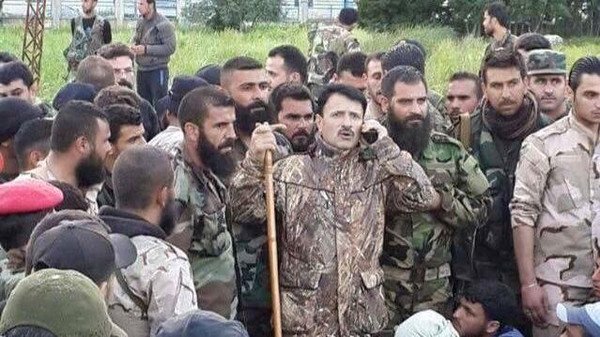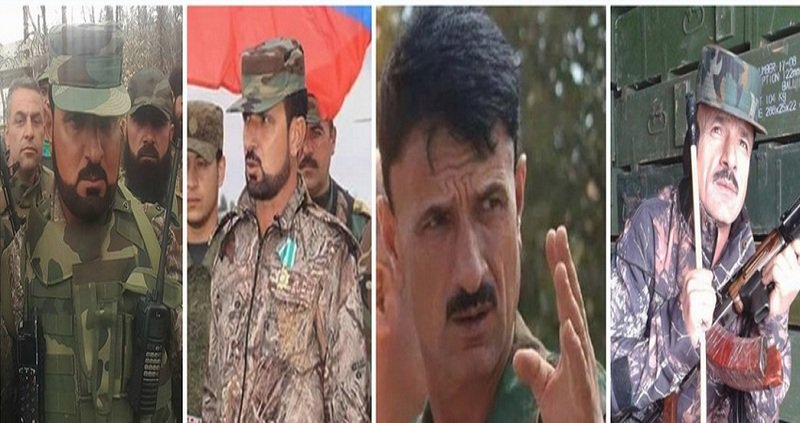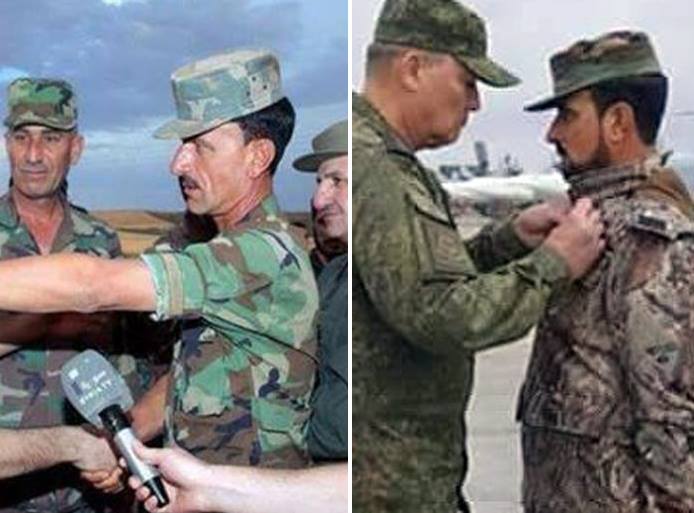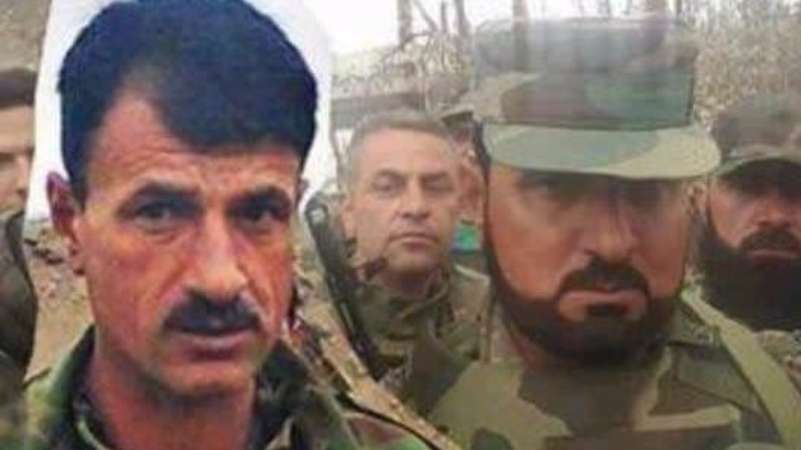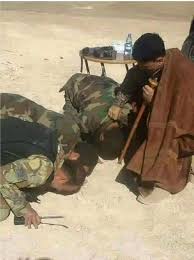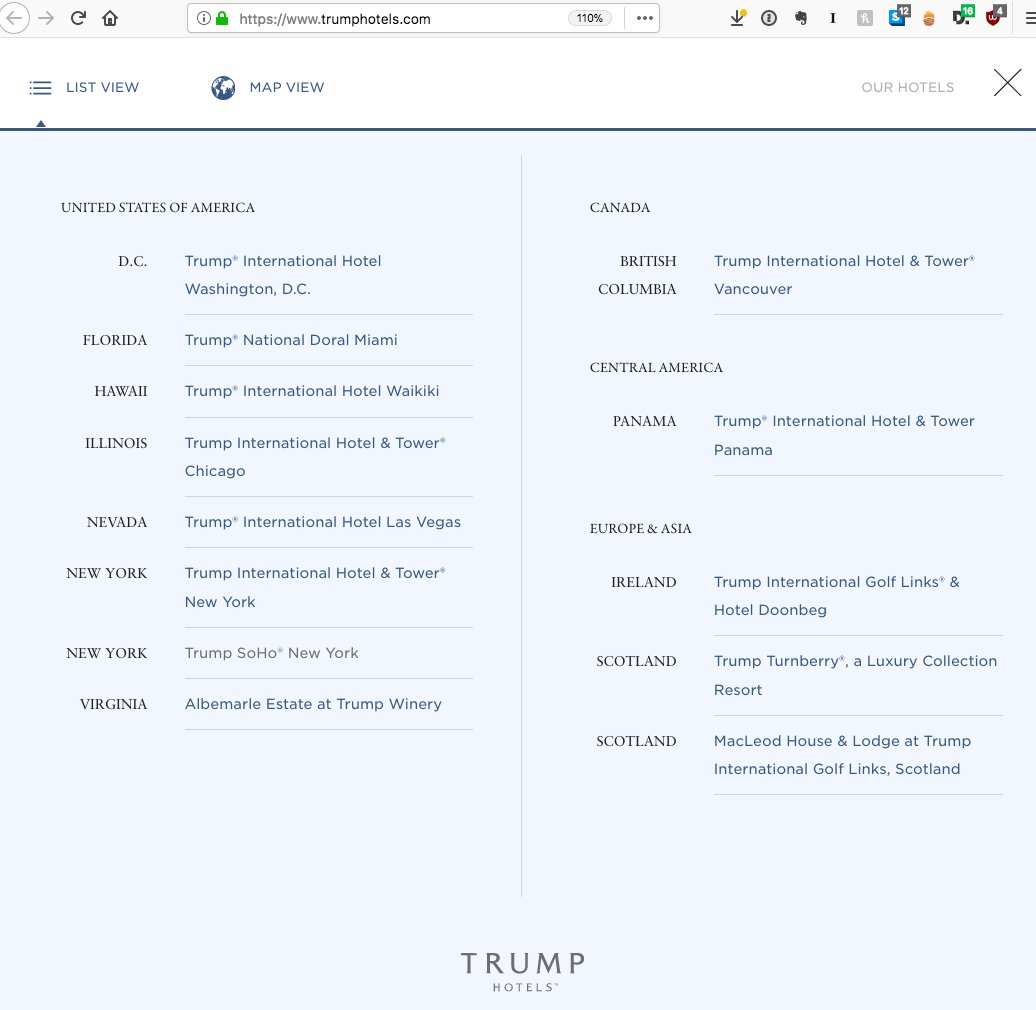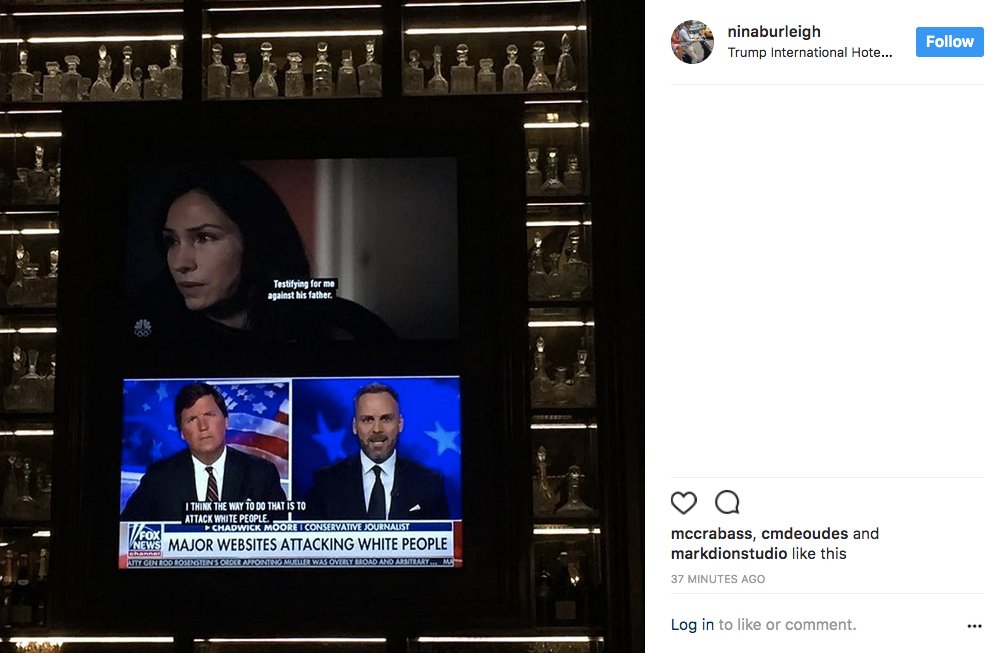The Trump administration's strategy is simple, to protect the homeland and American allies.
* ISIS & AQ suffer an enduring defeat
* The underlying conflict is resolved thru a UN-led process (stable, unified, independent Syrian state under post-Assad leadership)
* Iran influence is diminished
* Refugees return
* Syria is free from WMD
AQ still has a substantive presence in the north west of Syria.


